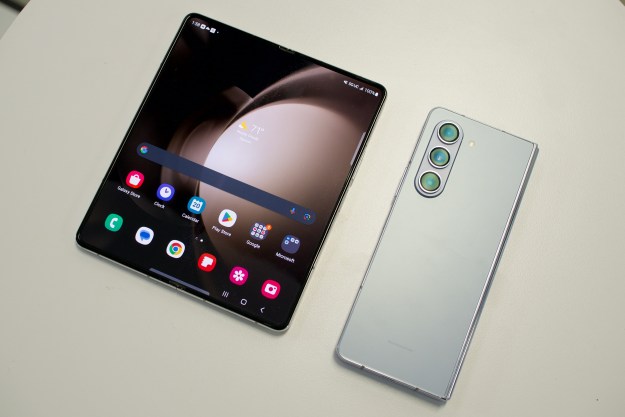With Project Ara and Finnish startup Vsenn promising to bring modular smartphones to the world sometime next year, it’s only fitting that another Finnish entrant, Circular Devices, enters the ring with a modular smartphone of its own. Dubbed the Puzzlephone, the handset provides an alternative concept to Project Ara and Vsenn by emphasizing simplicity and approachable pricing.
The Puzzlephone is broken down into three main components: the Spine, the Heart, and the Brain. The Spine is comprised of the LCD and speakers, while providing the basic structure of the phone. The Heart, meanwhile, is where you’ll find the battery and secondary electronics. Finally, the Brain contains the processor and camera modules.
The project has been in development since 2013, though Circular Devices as a company was formally founded in September 2014 and is based in Espoo, Finland, where Nokia is headquartered. According to Puzzlephone’s website, the company is now at a point where it can produce working prototypes, though mass availability won’t happen until the second half of 2015. Even so, Circular Devices looks to undercut its competitors by selling the Puzzlephone at a mid-range price, so long as the funding and support is there. The pricing could undercut Vsenn, which plans to sell its modular handset for under 590 euros in Europe.

Circular Devices is intent on setting open source standards with the Puzzlephone, even though the company will utilize a forked version of Android for the first go-round. This runs contrary to Project Ara, which will surely use a stock version of Android with a few changes here and there. At their cores, however, the philosophy driving the Puzzlephone and Project Ara, as well as Vsenn’s modular smartphone, remains the same: the drive to lower electronic waste.
As things stand now, if the camera on your phone is damaged for some reason, there is no way to fix it, even though the LCD screen and processor may still work fine. That’s just one example. These modular smartphone companies hope to change this by building phones where you can swap out components you want to replace without throwing the whole thing away. Whether the Puzzlephone will be successful is another matter, but with Project Ara, Vsenn, and now Circular Devices all entering the modular smartphone space, things will get interesting in the years to come.

